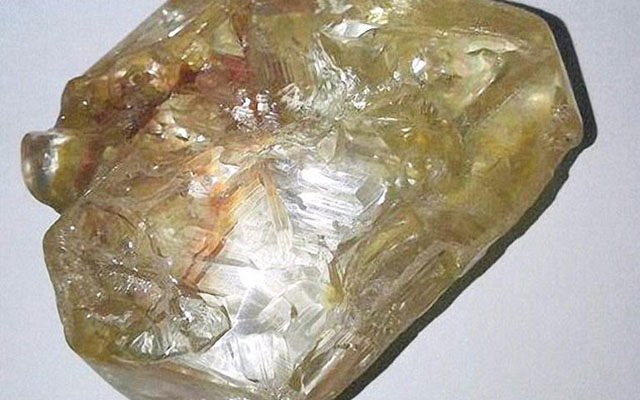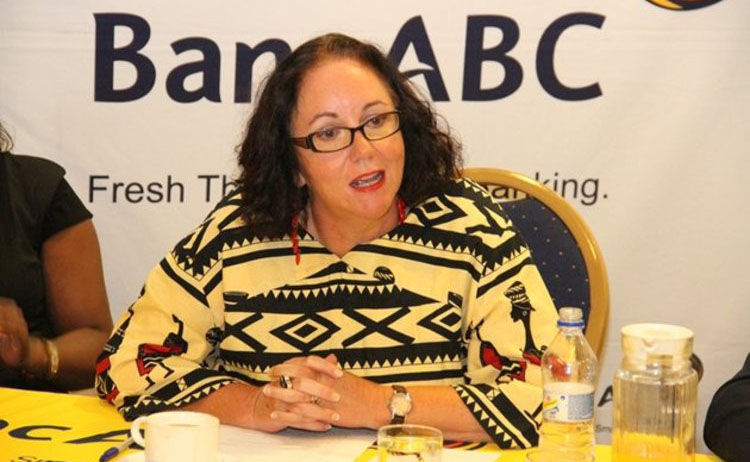Divine diamonds: Sierra Leone pastor’s 709-carat find

FREETOWN. – Evangelical preacher Emmanuel Momoh prayed for five years that he would discover the diamond he needed to pull his family out of poverty in eastern Sierra Leone.
The 39-year-old pastor obtained his first mining licence in 2012 when the paltry income he received from the Deeper Life Church in Kono, the country’s key mining district, was stretched too thin for his growing family.
Momoh went on to build a small business of 18 employees, digging and sifting through gravel with pickaxes and hoes day after day, never finding gems larger than a speck in the dirt.
“Diamonds are extremely hard to find on the ground, it requires patience, hard work and prayers,” Momoh told AFP by telephone in Freetown, where his life is now taking a very different direction after finding what he believes was a gift from God.
The preacher declined to meet in person, citing security reasons, but pictures he provided to AFP show an angular, wide-eyed man wearing a suit that is too large, adding to his overall air of boyishness.
On March 13, the pastor was working in a village named Koryadu when a cry went up from one of his men in Krio, the most widely spoken language in Sierra Leone and used by Momoh throughout the phone interview.
“God don bless we tiday,” the worker shouted, brandishing a rock the colour of pale honey and as large as a child’s fist.
“We washed the diamond properly and put down our tools. Every one of us was in a jubilant mood,” the pastor said.
“I couldn’t sleep that night, we were all praying for what God has done for us.”
Momoh took the diamond the next day to be weighed by the kind of Lebanese dealer who once purchased the single-carat gems he sold to buy food, supplies and to pay his workers’ wages.
At 706 carats, an amount that would later rise to 709 when it was placed on the government’s official scales, Momoh’s diamond was between the 10th and 15th largest ever found worldwide, experts told AFP.
Such a find by a so-called artisanal miner, the term for workers who use basic tools or their bare hands to sift the earth, is exceedingly rare, and Momoh faced an ethical dilemma.
“I was tempted by many close friends who told me to smuggle the diamond to neighbouring Guinea Conakry,” he said, thereby avoiding paying any tax on the diamond.
Diamond smuggling has harrowing associations for many in Sierra Leone.
Cross-border diamond trafficking fuelled the country’s civil war of 1991-2002, when rebels allowed traders to exploit diamond mines and ship the gems abroad, largely via Liberia.
These became known as “blood diamonds”, since most of the labour was done by enslaved members of the population, who were killed or maimed if they refused. – AFP.







Comments